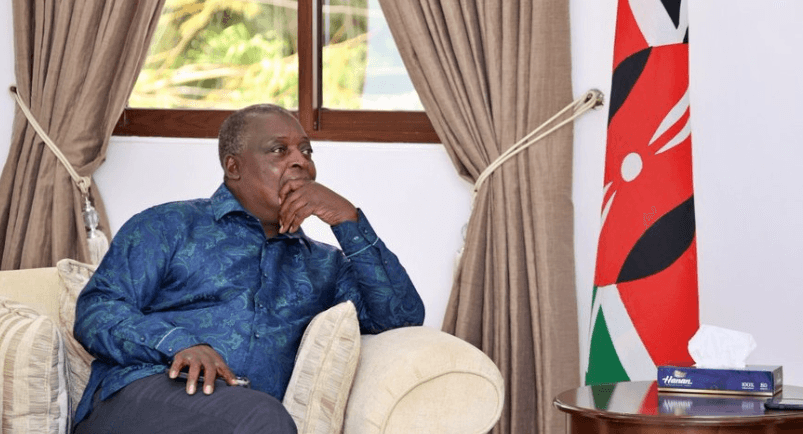The United States and Kenyan governments have partnered to develop a sustainability roadmap to integrate HIV service delivery into public health care.
The roadmap will ensure quality and impact are retained.
During their sit-down, Ruto and President Joe Biden acknowledged that Kenya is on the right track when it comes to combating the epidemic.
"With more than $7 billion (approximately Sh930 billion) in support from the President's Emergency Plan for AIDS Relief (PEPFAR) spanning two decades, Kenya has successfully responded to the HIV epidemic and strives to end HIV as a public health threat in Kenya by 2027," the statement reads.
The efforts, they stated, improve holistic health services for the 1.3 million Kenyans currently receiving antiretroviral therapy and millions more benefiting from HIV prevention programs.
This allows for greater domestic resources to be put toward the HIV response and allows the PEFPAR support to decrease over time.
The leaders also agreed to develop and launch a customised Public Health Emergency Management training program to enhance health security across all 47 counties in Kenya.
This is aimed at supporting the US health partnership with Kenya.
Also during the talks, Kenya and the United States announced a formal proclamation between the US Center for Disease Control and Prevention (CDC) and the government of Kenya for sharing information, identifying best practices, and defining steps toward the development and full launch of the Kenyan National Public Health Institute.
They observed that Kenya's capacity to prevent, detect, and respond to infectious disease threats is critical, especially since the country is a gateway to East Africa through Port Mombasa.
At the same time, Kenya committed to working with lawmakers to advance the Kenyan Pharmacy and Poisons Board (PPB) Act.
This is observed as a necessary step to boost local manufacturing of medical products and expand private American investment in the sector.
Biden pointed out that securing and diversifying global supply chains by promoting local and regional manufacturing of health products is a priority of the US.
Additionally, the implementation of the PPB Act has the potential to increase manufacturing capacity in Kenya and Africa to ensure the availability of life-saving medicines, diagnostic tests, and devices.
This will also mitigate the impact of global supply chain shocks, which were so evident during the COVID-19 pandemic.
To further these goals, USAID provided $2.3 million(approximately Sh305.7 million) in support to Revital Healthcare to develop rapid diagnostic tests for HIV, malaria, hepatitis B and C, dengue, and pregnancy, and to build a manufacturing plant capable of producing 240 million tests per year.
Additionally, USAID and the Ministry of Health are partnering to equip all neonatal clinics with Revital-made continuous positive airway pressure machines for babies requiring respiratory support.

















